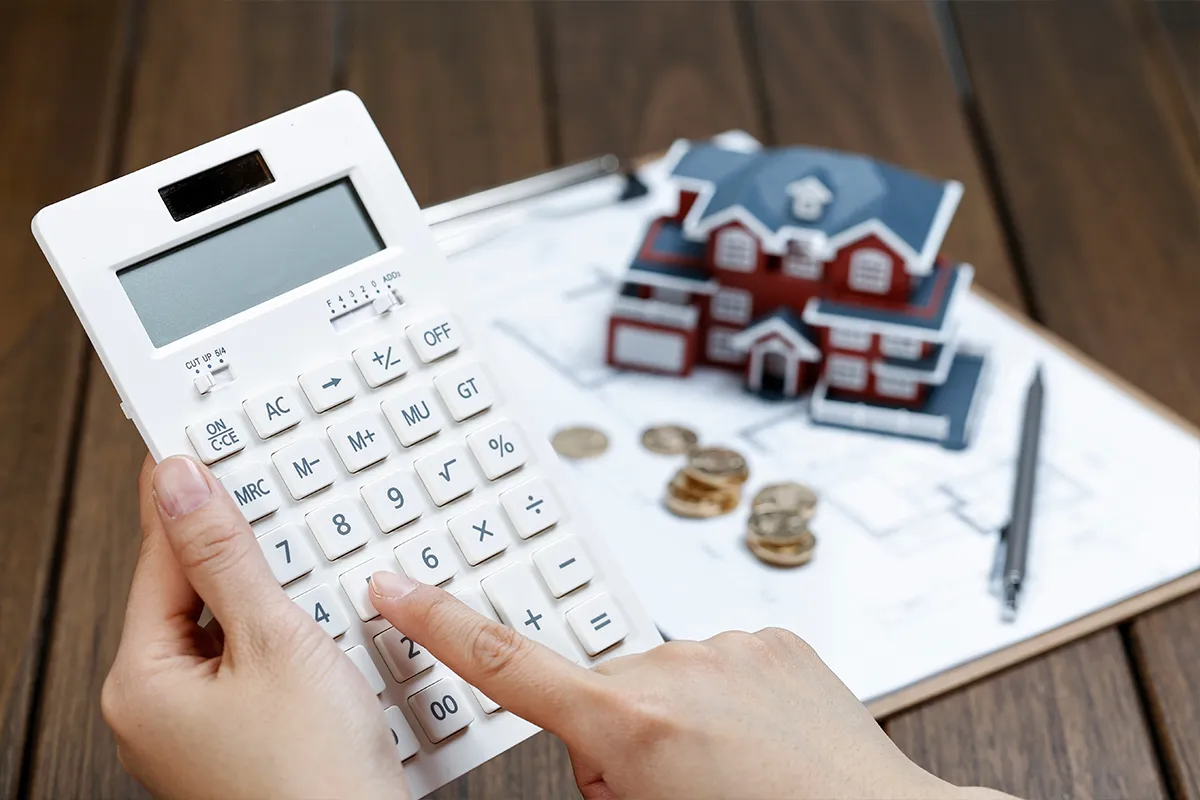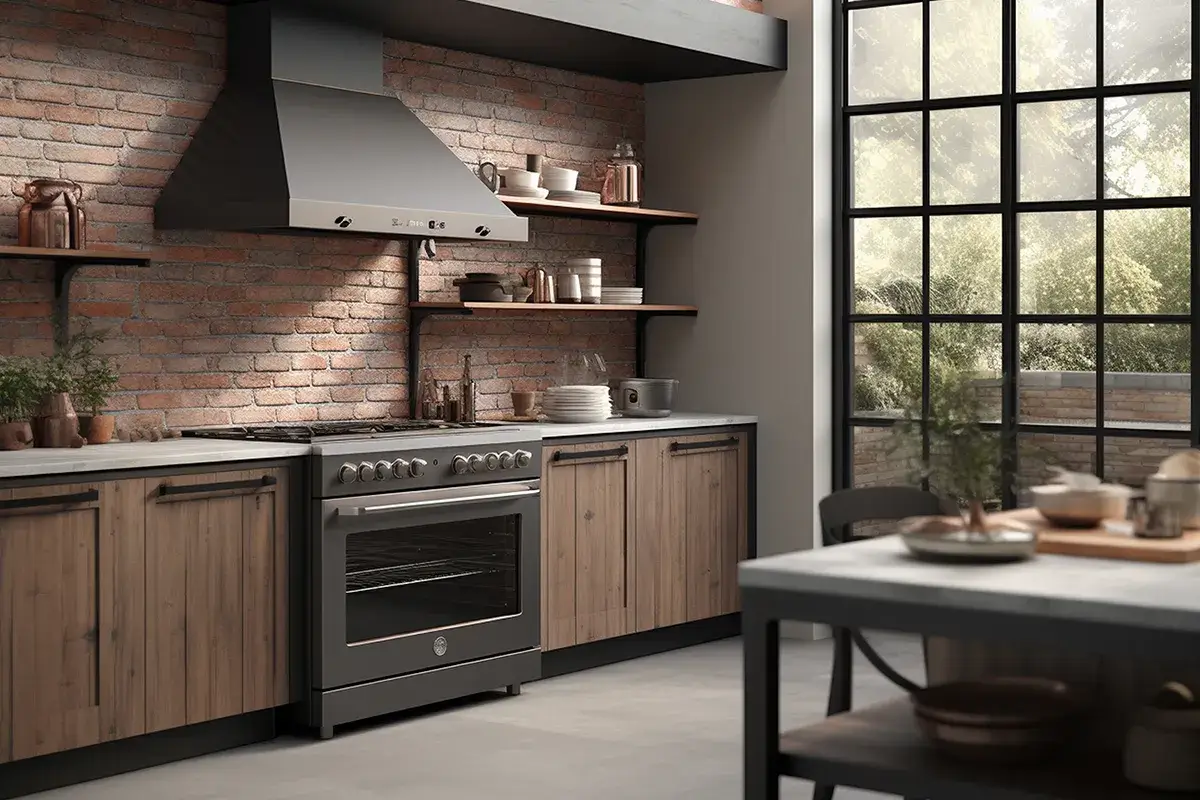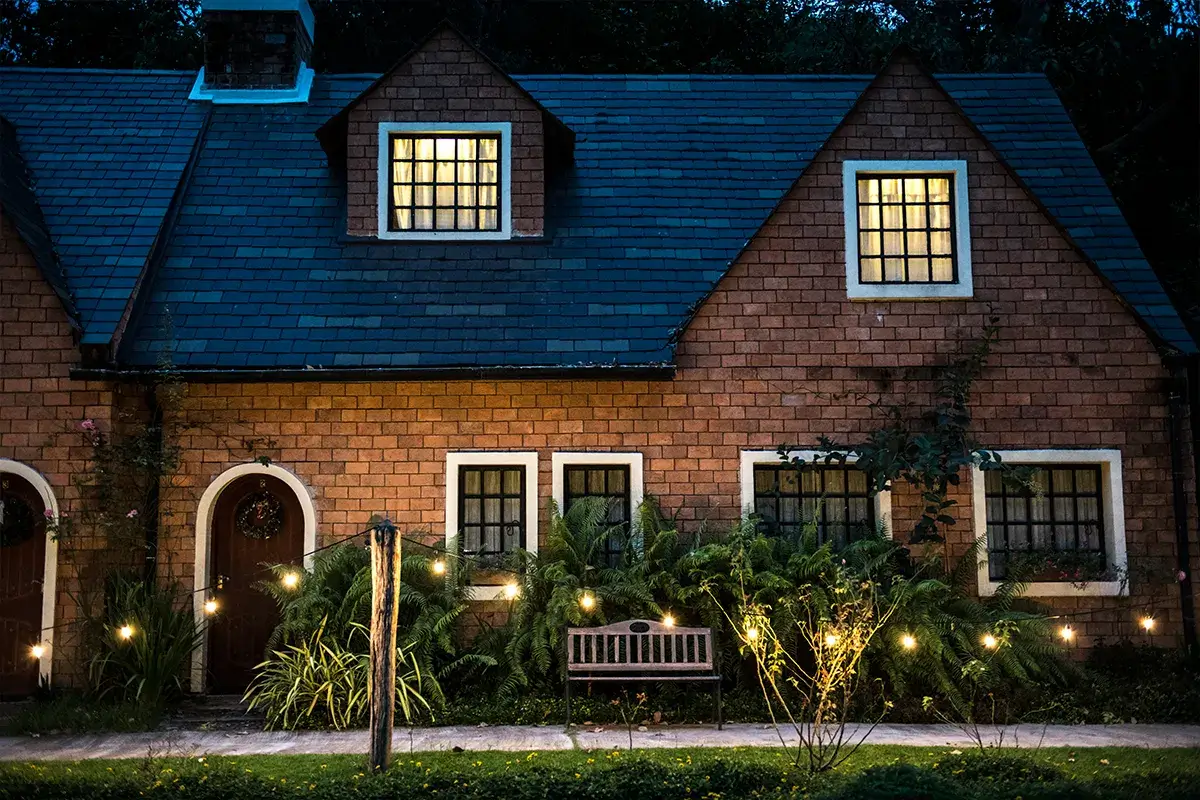How to Budget for Your Home Renovation
Embarking on a home renovation project can be an exciting journey. It’s a path paved with the promise of a refreshed living space and enhanced comfort. However, without proper financial planning, this dream can quickly become overwhelming. At Diamond Hill Builders, we understand the importance of budgeting for your renovation project. We’re here to guide you through the process, ensuring your renovation dreams don’t exceed your budget reality.
Understanding the Scope of Your Project
Before diving into numbers, it’s crucial to have a clear understanding of the scope of your renovation. Are you looking to remodel your kitchen, or are the renovations more extensive, involving multiple rooms or even an addition to your home? Defining the scope will not only help in estimating costs but also in prioritizing different aspects of your project.
- List your must-haves vs. nice-to-haves: Distinguishing between essential renovations and those that are more about aesthetic preference can help in adjusting the budget later on.
- Assess the impact on daily life: Consider how the renovation will affect your daily routines and living situation. Will you need to set up a temporary kitchen or relocate for a while? Understanding this can help in planning both the timeline and budget more accurately.
- Future-proofing your space: Think about not just your immediate needs but also how your home can adapt to your lifestyle in the future. This might include making your home more accessible or adding flexible living spaces that can change as your needs do.
- Integration with existing systems: Consider how new renovations will integrate with your home’s current systems. For example, adding a bathroom will impact your plumbing system. Understanding these connections can help in planning a more cohesive and efficient renovation.
Setting a Realistic Budget
Once the scope is defined, the next step is setting a realistic budget. This involves not just looking at your savings but also exploring financing options if needed.
- Research typical renovation costs: Look at what similar projects cost in your area. Websites, forums, and even local contractors can provide ballpark figures.
- Evaluate financing options: If you’re considering financing your renovation, compare options like home equity loans, personal loans, or refinancing to find the best rates and terms. Factor these into your budget planning.
- Itemize your project costs: Break down your budget into detailed categories such as labor, materials, permits, and design fees. This itemization can help you track expenses more accurately and identify areas where costs can be trimmed.
- Plan for taxes and fees: Don’t forget to include any taxes or fees that might be associated with your renovation. This could include sales tax on materials and any fees for permits or inspections.
- Include a contingency fund: It’s wise to add a 10-20% contingency fund to your budget for unexpected costs. Renovations often come with surprises, especially in older homes.
Considering Long-Term Savings
Investing in certain areas can save you money in the long run. For instance, energy-efficient windows or a new HVAC system can reduce your utility bills significantly. Consider:
- Invest in High-Quality Insulation: Choosing premium insulation materials might have a higher initial cost, but it significantly reduces heating and cooling expenses over time, making it a wise investment for energy conservation and cost savings.
- Upgrade to Energy-Efficient Appliances: If your renovation involves updating appliances, opting for those with high energy efficiency ratings can lead to substantial savings on utility bills and contribute to a smaller carbon footprint.
- Install Low-Flow Plumbing Fixtures: Low-flow toilets, showerheads, and faucets reduce water usage significantly, leading to lower water bills. These fixtures can also be attractive selling points for future buyers concerned with sustainability.
- Smart Thermostats: Installing a smart thermostat allows for more precise control over heating and cooling, learning your schedule and adjusting temperatures accordingly. This not only improves comfort but also ensures energy is not wasted, offering long-term savings.
Prioritizing Your Projects
If your budget doesn’t cover everything on your list, prioritization becomes key. Focus on renovations that:
- Assess Structural Necessities: Prioritize any projects that address the structural integrity of your home, such as foundation repairs, roof leaks, or outdated electrical systems. These are critical for safety and can prevent more costly repairs down the line.
- Update High-Traffic Areas: Renovating areas of your home that see the most use, such as the kitchen or bathrooms, can have a significant impact on your daily life and overall home value. Consider prioritizing these areas for a blend of functionality and aesthetic appeal.
- Focus on Curb Appeal: First impressions matter. Projects that enhance your home’s exterior, such as new siding, landscaping, or front door replacement, can boost curb appeal and overall property value.
- Weigh Cost vs. Benefit: Evaluate each potential project in terms of cost versus the benefit it will bring. Some projects may offer more immediate satisfaction or utility, while others might be better viewed as long-term investments in your property.
Finding Ways to Save
Even with a well-planned budget, there are always opportunities to save money without compromising on quality. Here are some tips:
- Shop around for materials: Sometimes, significant savings can be found by purchasing materials yourself or looking for sales and clearance items.
- Reuse and repurpose: See if any elements from your current space can be reused or repurposed in your renovation.
- Opt for alternatives: High-quality alternatives can sometimes offer the same aesthetic appeal and durability as more expensive options at a fraction of the cost.
Choosing the Right Contractor
Your choice of contractor can significantly impact the overall cost of your project. It’s crucial to choose someone who is not only reputable and skilled but also transparent about pricing and willing to work within your budget.
- Check references and past projects: This can give you an idea of their work quality and how they manage budgets.
- Clear communication: Ensure your contractor understands your budget constraints and project priorities from the start.
Monitoring Your Spending
As your project progresses, keep a close eye on your spending. Regular check-ins with your contractor and keeping track of expenses can help you stay on budget.
- Regular budget reviews: Schedule weekly or bi-weekly meetings to review expenses and make adjustments as needed.
- Stay flexible: Be prepared to make compromises to keep your project within budget.
Your Path to a Thoughtfully Planned Renovation
Planning and executing a home renovation within a budget requires diligence, research, and sometimes a bit of creativity. However, the reward is a beautifully renovated home that meets your needs without emptying your wallet. At Diamond Hill Builders, we believe in transparency, quality, and value. We’re here to guide you through the renovation process, ensuring that your project is a success both aesthetically and financially.
Looking to renovate your home with a trusted partner? Contact Diamond Hill Builders today. Our expertise and commitment to our client’s satisfaction make us the perfect choice for your next home renovation project.






